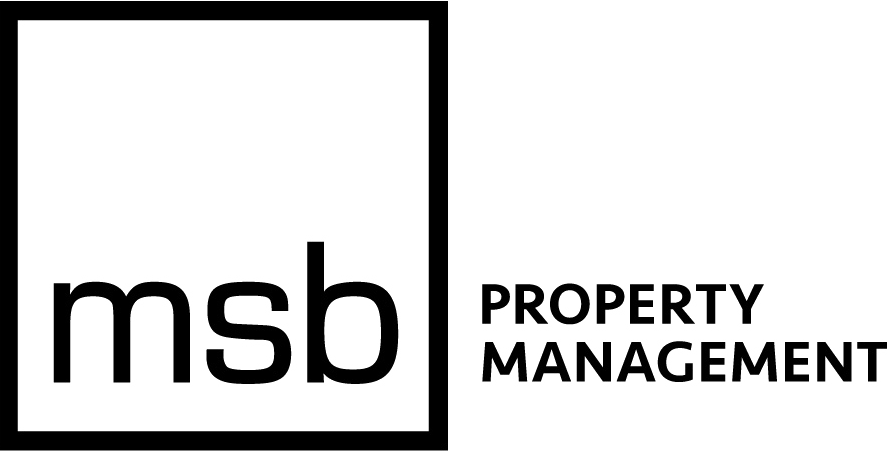Responsibilities Landlords Should Expect
There are a number of responsibilities that come with owning a rental property. Here are some tips regarding the things landlords need to be prepared for.
Finding Tenants
If you have a vacant unit, your highest priority is often getting it occupied. This means advertising the unit, scheduling showings, collecting rental applications, and screening prospects. But don’t underestimate the screening process. A little bit of time invested up front to find the most qualified tenant can save you from headaches later.
Managing Tenants
Once you place a tenant, it’s important to develop a professional working relationship with them. Owning an income property is like a business. As a landlord, the “customer service” aspects are your responsibility, and it’s not uncommon for them to be necessary after-hours, or when it’s not particularly convenient for you. You’ll handle handle maintenance items, manage issues they may have related to the property, collect rent, stay on top of inspections and compliance matters, be available to answer questions and more. If you are consistently professional, clear and responsive, it’s easier for both you and your tenant to manage expectations.
Handling Maintenance
General maintenance is part of owning a rental property, and it is the landlord’s responsibility to take care of these repairs. While you’ll be alerted to many of these items by the tenant, we recommend also conducting periodic site visits to stay on top of things. This can be as simple as a drive-by, or maybe you’ll make an appointment with the tenant to go inside and look around. Regular in-person inspections will allow you to understand an on-going issue better, or identify potential problems in advance.
Making Improvements
As an owner, you will also need to occasionally make improvements to maintain the value of your rental. Updating strategic items such as flooring, appliances, or adding desirable amenities like on-site laundry or storage generally pay off in dividends. It’s important stay knowledgable about the market your unit is in. Doing so will help you invest in the improvements that will generate the most revenue.
Understanding Regulations
Tenant and housing laws are constantly evolving, and it is the landlord’s responsibility to stay on top of regulations to ensure their property is in compliance. Additionally, there can be insurance, HOA or other requirements landlords need to be aware of. Not knowing about a regulation or overlooking a compliance issue can be costly and/or become a legal problem. It’s critical to stay informed.
Accounting and Bookkeeping
Finally, you’ll need to keep track of your income property’s finances. Make sure bills, taxes and licenses get paid so your property is in good standing. Document all your expenses and income and stay on top of the bookkeeping.
If you have any questions about the responsibilities you need to be prepared for as a landlord, please contact us at 1-510-649-3380. Management.
